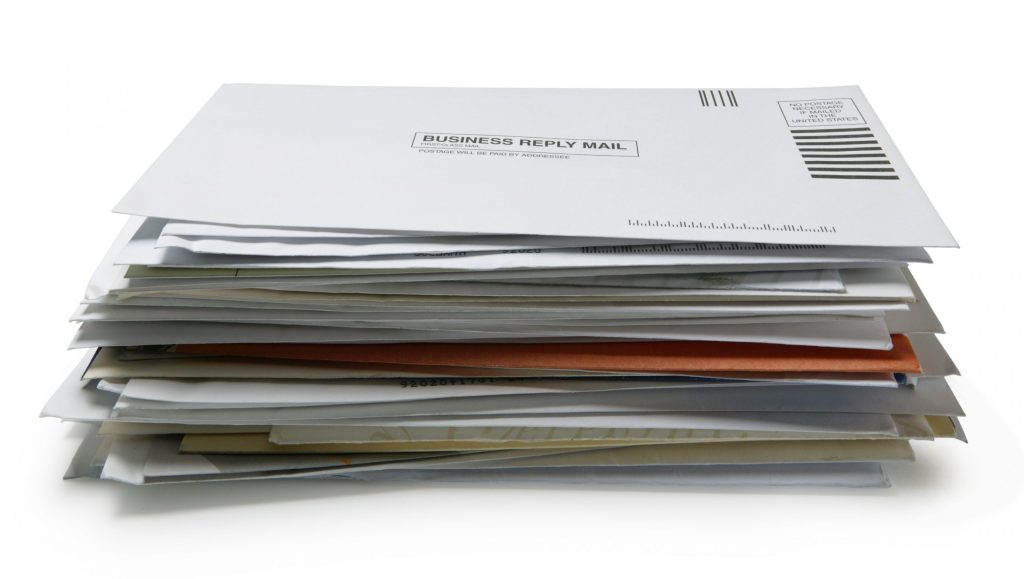Ensuring legal compliance in every aspect of your car dealership operations is crucial. Among the many regulatory requirements, issuing Adverse Action Notices is particularly vital. This isn’t just a legal necessity but a cornerstone in maintaining transparency and trust with your customers. A common misconception is that lenders handle Adverse Action Notices, but dealerships have a legal obligation to present them.
In this comprehensive article, we will explore the significance of Adverse Action Notices, the specific scenarios and recipients for these notices, the consequences of non-compliance, and the benefits of leveraging compliance software to streamline the process.
Understanding Adverse Action Notices
An Adverse Action Notice is a formal communication that must be provided to a consumer when a credit decision has been influenced by information in their credit report. According to the Fair Credit Reporting Act (FCRA) and Equal Credit Opportunity Act (ECOA), dealerships must adhere to these requirements whenever a credit application is denied, a less favorable credit term is offered, or a similar adverse action is taken based on the consumer’s credit data.
Why Are Adverse Action Notices Important?
- Legal Compliance: Adhering to the FCRA and ECOA regulations is imperative. Providing adverse action notices is a critical component of F&I compliance, ensuring your dealership operates within legal boundaries.
- Transparency and Trust: These notices offer clarity to consumers, informing them of the reasons behind the credit decision. This fosters trust and showcases your dealership’s commitment to ethical practices.
- Customer Empowerment: By understanding the reasons for the adverse action, consumers can take steps to address issues in their credit reports, ultimately improving their financial standing.
When to Provide Adverse Action Notices
Adverse Action Notices must be issued under specific circumstances:
- Credit Denial: When an application for credit is outright denied.
- Less Favorable Terms: When the credit terms offered are less favorable than those requested by the consumer due to their credit report.
- Credit Line Reduction or Termination: When an existing credit account is reduced or terminated based on credit information.
Who Should Receive Adverse Action Notices?
Adverse Action Notices should be provided to any consumer whose credit application or credit terms are negatively affected by the information in their credit report. This includes:
- Prospective Buyers: Individuals applying for vehicle financing.
- Existing Customers: Customers who have already financed through the dealership but whose terms are being modified based on their credit data.
Penalties for Non-Compliance
Failing to provide proper Adverse Action Notices can result in significant penalties, including:
- Monetary Fines: Dealerships can face substantial fines for each violation, which can accumulate quickly if there are multiple instances of non-compliance.
- Legal Action: Consumers have the right to take legal action against businesses that fail to provide required notices, potentially leading to costly lawsuits.
- Reputational Damage: Non-compliance can severely damage your dealership’s reputation, affecting customer trust and long-term business prospects.
Leveraging Compliance Software
To streamline the process and ensure timely, accurate issuance of Adverse Action Notices, many dealerships are turning to compliance software. These solutions offer several advantages:
- Automated Notifications: Compliance software can automatically generate and send Adverse Action Notices as required, reducing the risk of human error.
- Record Keeping: Maintain thorough records of all issued notices, which is crucial in the event of an audit or legal inquiry.
- Regulatory Updates: Stay up-to-date with evolving regulations to ensure ongoing compliance without manually tracking changes.
Conclusion: The Benefits of Following Compliance Best Practices
Providing Adverse Action Notices is not only a regulatory requirement but also an optimal approach that promotes transparency, trust, and customer empowerment. Prioritizing F&I compliance within your dealership is essential for legal adherence and fostering strong customer relationships.
For more detailed insights and best practices on maintaining compliance, refer to the 2025 Dealertrack Compliance Guide. This comprehensive resource covers everything from credit applications to data safeguards and provides practical advice for implementing a robust compliance program.








